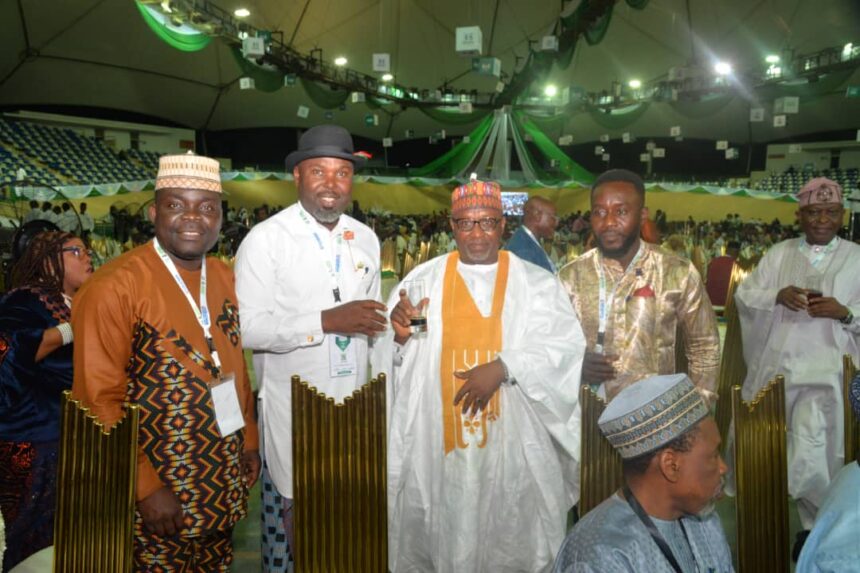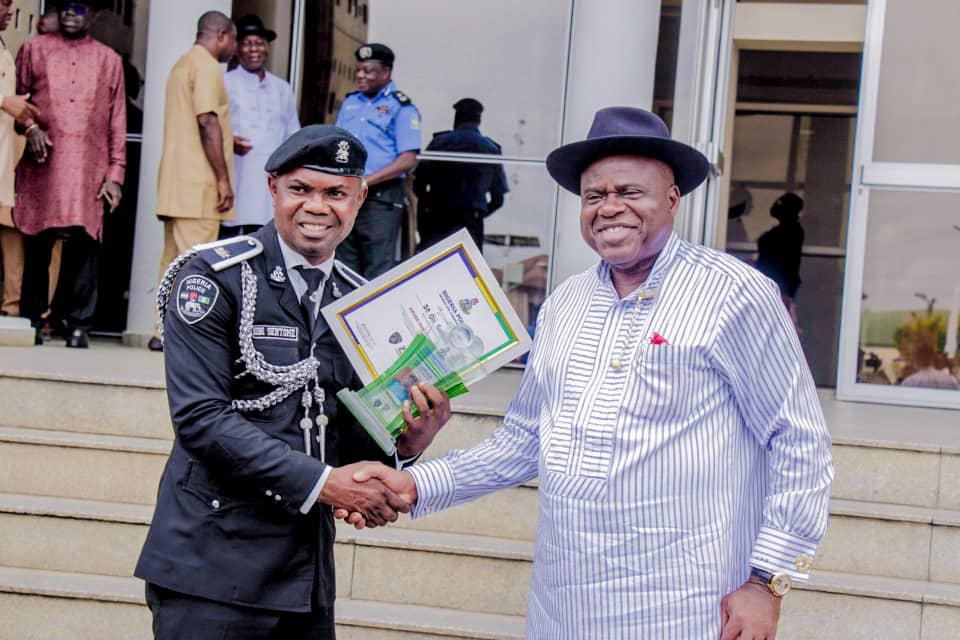Engr. Dauseighe Matthew Bowei, MNSE, has formally praised the leadership of the Council for the Regulation of Engineering in Nigeria (COREN) following the successful conclusion of the 33rd Engineering Assembly.
The commendation came in the form of an official message addressed to the COREN President, Prof. Sadiq Abubakar, FNSE, and Vice President, Engr. Ola Olu Ogunduyile, FNSE.
The 33rd Engineering Assembly brought together a wide range of stakeholders, including Nigerian engineers, industry experts, academics, and policymakers. The event focused on addressing national infrastructure challenges, engineering innovation, regulatory developments, and the long-term advancement of the profession in Nigeria.
In his letter, Engr. Bowei expressed deep appreciation on behalf of his engineering team, describing the Assembly as a platform that encouraged professional dialogue, technical knowledge exchange, and renewed commitment to engineering excellence. He specifically highlighted the impact of the leadership in shaping the tone and outcome of the event.
“Your leadership, dedication, and active participation played a pivotal role in making this event a platform for engaging discussions, sharing of expertise, and collaboration among engineering professionals,” Engr. Bowei wrote.
He went on to underscore three major areas where the Assembly made a significant impact. First, he commended the leadership and vision demonstrated by COREN President Prof. Abubakar, noting the strategic direction that guided the event toward meaningful dialogue and actionable outcomes.
Second, he emphasized the high level of collaboration and engagement during the Assembly. He recognized that the valuable contributions from all attendees helped to elevate the quality of discussions and led to more robust recommendations for the sector.
Third, Engr. Bowei pointed out the Assembly’s success in advancing engineering as a profession. He described the gathering as instrumental in strengthening professional relationships, encouraging innovation, and promoting sector-wide growth.
According to him, these outcomes are critical in positioning Nigeria’s engineering sector to respond more effectively to the country’s developmental needs. He expressed confidence that such assemblies would continue to inspire improvements in practice, policy, and training within the profession.
The Assembly, which is an annual event hosted by COREN, has become a central forum for strategic dialogue in Nigeria’s engineering ecosystem. With participation from hundreds of professionals across the country, it serves as an important venue for discussing issues such as infrastructure development, regulatory reforms, and the evolving role of engineering in a modern economy.
Engr. Bowei concluded his message by stating that his team is optimistic about the future of engineering in Nigeria. He affirmed their readiness to continue engaging with COREN on future initiatives that support the profession’s development and the nation’s broader technical capacity.
COREN, established under Decree 55 of 1970—now Act CAP E11 of 2004—is Nigeria’s statutory regulatory body for engineering practice. Its mandate includes the registration of engineering personnel, accreditation of academic programs, and enforcement of professional standards.
As Nigeria continues to confront infrastructure deficits and aims to boost local capacity in engineering and technology, the leadership of COREN and its ability to convene such high-level discussions remain critical. Engr. Bowei’s message of commendation reflects the growing recognition of the importance of strategic collaboration and consistent professional development in the sector.
The 33rd Engineering Assembly is seen as a step forward in this direction, offering a template for future events that can further unify and elevate the engineering profession in Nigeria.





